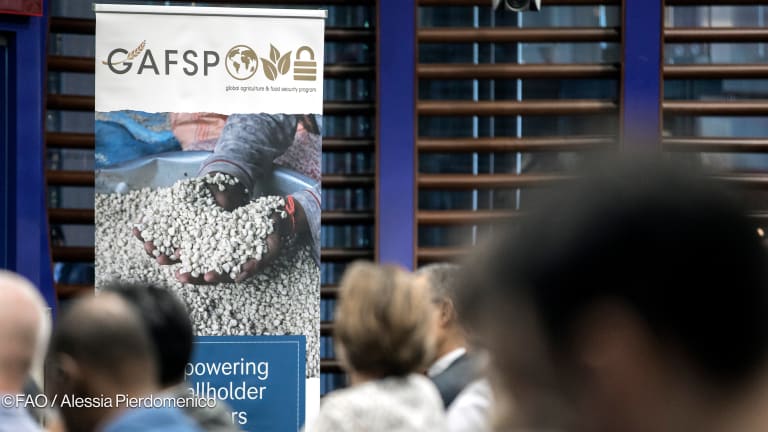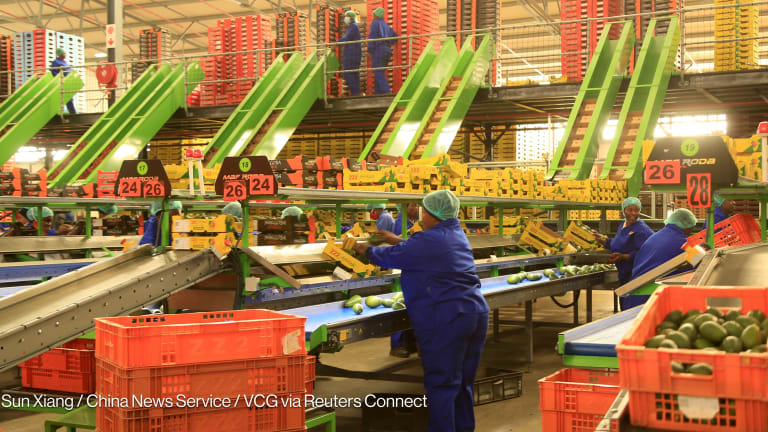After three decades of suspension for outstanding debt, Somalia can now receive funding from the International Fund for Agricultural Development as it struggles with record drought and millions of its people teeter on the brink of famine.
Germany, Sweden, Belgium, and Italy paid off Somalia's debt to the United Nations international financial institution — debt that had prevented IFAD from making investments in the country’s agricultural and pastoral systems.
In a press conference at this week’s IFAD Governing Council meeting, Somali President Hassan Sheikh Mohamud said the debt clearance represented a “new dawn” for Somalia as it attempts to move from humanitarian to development financing.
Printing articles to share with others is a breach of our terms and conditions and copyright policy. Please use the sharing options on the left side of the article. Devex Pro members may share up to 10 articles per month using the Pro share tool ( ).








